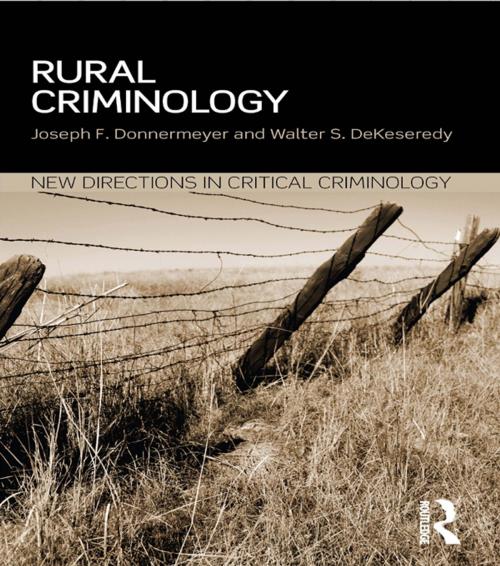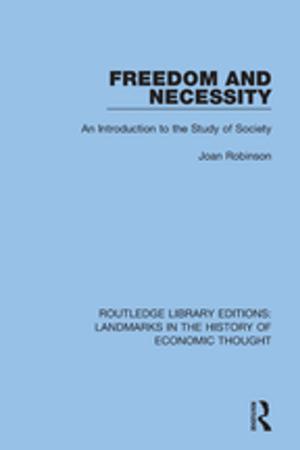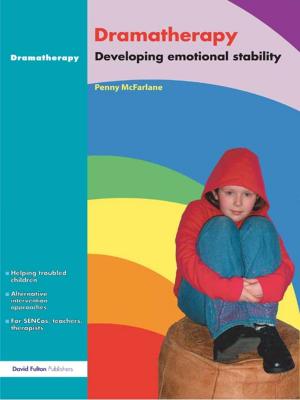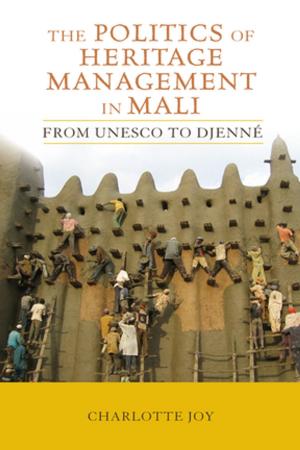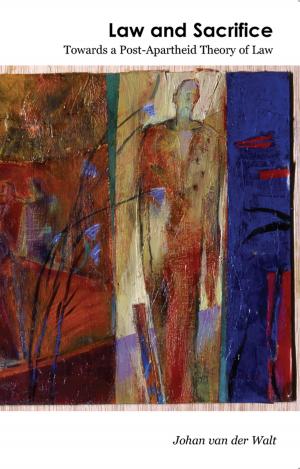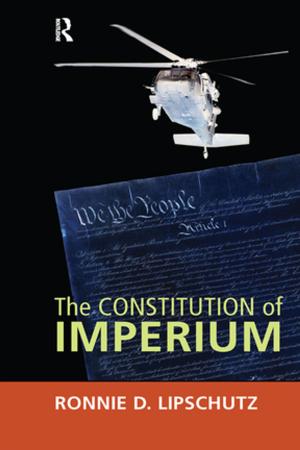Rural Criminology
Nonfiction, Social & Cultural Studies, Social Science, Sociology, Rural, Crimes & Criminals, Criminology| Author: | Joseph F Donnermeyer, Walter DeKeseredy | ISBN: | 9781136207600 |
| Publisher: | Taylor and Francis | Publication: | October 15, 2013 |
| Imprint: | Routledge | Language: | English |
| Author: | Joseph F Donnermeyer, Walter DeKeseredy |
| ISBN: | 9781136207600 |
| Publisher: | Taylor and Francis |
| Publication: | October 15, 2013 |
| Imprint: | Routledge |
| Language: | English |
Rural crime is a fast growing area of interest among scholars in criminology. From studies of agricultural crime in Australia, to violence against women in Appalachia America, to poaching in Uganda, to land theft in Brazil -- the criminology community has come to recognize that crime manifests itself in rural localities in ways that both conform to and challenge conventional theory and research. For the first time, Rural Criminology brings together contemporary research and conceptual considerations to synthesize rural crime studies from a critical perspective.
This book dispels four rural crime myths, challenging conventional criminological theories about crime in general. It also examines both the historical development of rural crime scholarship, recent research and conceptual developments. The third chapter recreates the critical in the rural criminology literature through discussions of three important topics: community characteristics and rural crime, drug use, production and trafficking in the rural context, and agricultural crime.
Never before has rural crime been examined comprehensively, using any kind of theoretical approach, whether critical or otherwise. Rural Criminology does both, pulling together in one short volume the diverse array of empirical research under the theoretical umbrella of a critical perspective. This book will be of interest to those studying or researching in the fields of rural crime, critical criminology and sociology.
Rural crime is a fast growing area of interest among scholars in criminology. From studies of agricultural crime in Australia, to violence against women in Appalachia America, to poaching in Uganda, to land theft in Brazil -- the criminology community has come to recognize that crime manifests itself in rural localities in ways that both conform to and challenge conventional theory and research. For the first time, Rural Criminology brings together contemporary research and conceptual considerations to synthesize rural crime studies from a critical perspective.
This book dispels four rural crime myths, challenging conventional criminological theories about crime in general. It also examines both the historical development of rural crime scholarship, recent research and conceptual developments. The third chapter recreates the critical in the rural criminology literature through discussions of three important topics: community characteristics and rural crime, drug use, production and trafficking in the rural context, and agricultural crime.
Never before has rural crime been examined comprehensively, using any kind of theoretical approach, whether critical or otherwise. Rural Criminology does both, pulling together in one short volume the diverse array of empirical research under the theoretical umbrella of a critical perspective. This book will be of interest to those studying or researching in the fields of rural crime, critical criminology and sociology.
